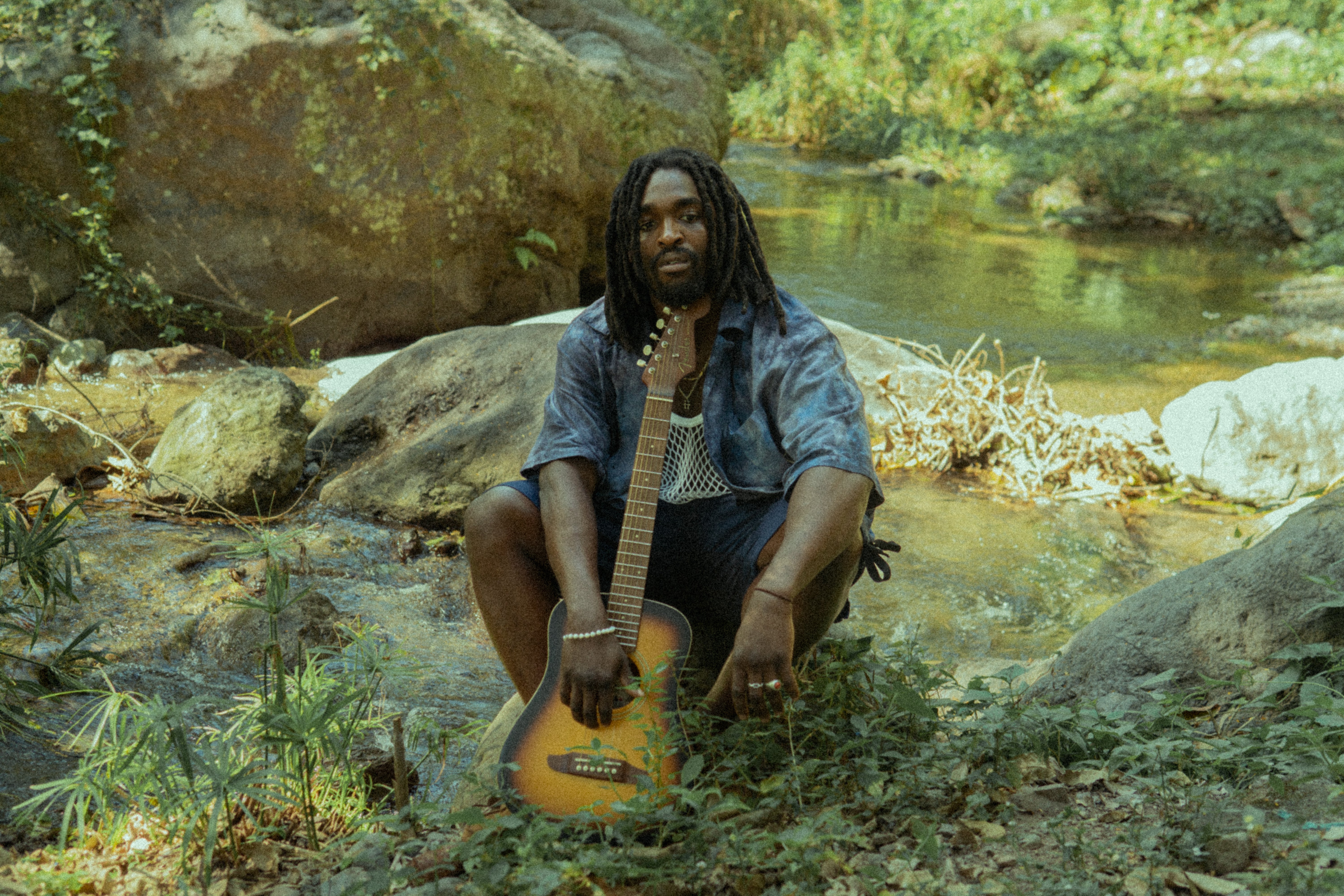
Niall Horan – The Show
★★★★☆
“God only knows where this could go,” Niall Horan wonders on “Heaven”, the lead single from his third and best album. His voice is an intimate, sun-drenched croon and the instrumentation is soaked in Beach Boys reverb. On the cusp of turning 30, the Irish singer-songwriter, who rose to fame with One Direction’s perky pop, finds himself full of questions. Fortunately, he’s coming up with all the right answers.
The Show is the apotheosis of Horan’s classic rock sound, which he has been carefully honing ever since his solo debut, 2017’s Flicker. Even then, he proved himself as one of 1D’s most naturally gifted songwriters. Early singles such as “On the Loose” showed an affinity for Fleetwood Mac bass grooves and California dreaming. This new collection finds Horan moving towards the lusher production sound of his former bandmate Harry Styles. Laurel Canyon references mingle easily with Eighties synth-pop and Noughties guitar rock.
It’s beautifully cohesive. “You Could Start a Cult” is a romantic lullaby crafted from soft acoustic guitar strumming, Horan’s warm timbre, and a Dylan-indebted harmonica solo. There’s a timeless quality to the lyrics, which reference kingdoms fought, and hearts won. Certainly, it sets him apart from his peers whose paramours appear to exist solely as a collection of body parts: green eyes, red lips, curved hips. The fact Horan can then pull off “Save My Life”, a pacey Eighties thriller complete with jubilant sax noodling, is even more impressive.
“Science” has a similar alchemy to Coldplay’s “Fix You”. Over sombre piano, Horan reaches out to a loved one struggling with depression. He fesses up to his own insecurities on “If You Leave Me” and reassures a friend on the brink of “Meltdown”. And while renowned pop songwriters Amy Allen and Tobias Jesso Jr are credited on the record, Horan seems to have been equally influenced by his mate Lewis Capaldi’s frank lyrical style: “I’m a specialist at overthinking everything,” he admits on superb album closer “Must Be Love”.
“If I’m being honest, I find it so hard to just keep it simple and follow my heart,” he sings. The Show, however, suggests the opposite is true. Horan’s emotional acuity, his musicianship, and confidence in his own instincts are there for all to see. ROC
Hak Baker – World’s End FM
★★★★☆

If the world is going to end, at least make it a spectacle. This seems to be Hak Baker’s approach to life. The East End “g-folk” (grime-folk) star braves political existentialism on his bold, scenic third album, World’s End FM. Presented as a radio programme (influenced by early conceptual albums from artists including Busta Rhymes), the 16-track experience documents the demise of Earth. In the process, Baker bursts through reggae, indie, and post-punk, weaving in snippets of phone-ins from friends and family, which tackle subjects as serious as digital obsession, mental health, and suicide.
Baker’s lyricism might be existential, but sonically it’s an album full of sunshine – perhaps a metaphor true to the musician himself whose social media presence depicts a man full of life, yet deeply aware of its fragility. The glimmering guitars on the psychedelic “Full On” juxtapose the lyrical poignancy of “I’ve paid the cost for being poor” on despondent indie ballad “Collateral Cause”. It’s all the more cutting when nestled between those warm melodies and soft tones.
As a whole, World’s End FM feels nostalgic (for fans of Jamie T, Just Jack, Bloc Party, and The Streets), but given a fresh polish and shine. Baker successfully blends an array of genres and moods, shaking together the old and new, to prepare one enticing cocktail. The album’s message, however, is distinctly of the now. In Baker’s mind, society must fall apart before it can be put back together again. Or as he more succinctly puts it: “No more rich c***s dictating to the poor.” MG







